What Has Athens to Do with Jerusalem?
Timaeus and Genesis in Counterpoint
An important contribution to early Christian studies
Jaroslav Pelikan fu un prolifico autore e storico della dottrina cristiana, la cui opera abbracciò sia le tradizioni teologiche occidentali che orientali. I suoi estesi studi esplorarono lo sviluppo del pensiero cristiano attraverso i secoli, raggiungendo spesso al di là degli ambienti accademici per coinvolgere il pubblico generale. Pelikan possedeva una profonda comprensione della tradizione, distinguendo tra la fede viva dei morti e la fede morta dei vivi, sottolineando il dialogo con il passato.
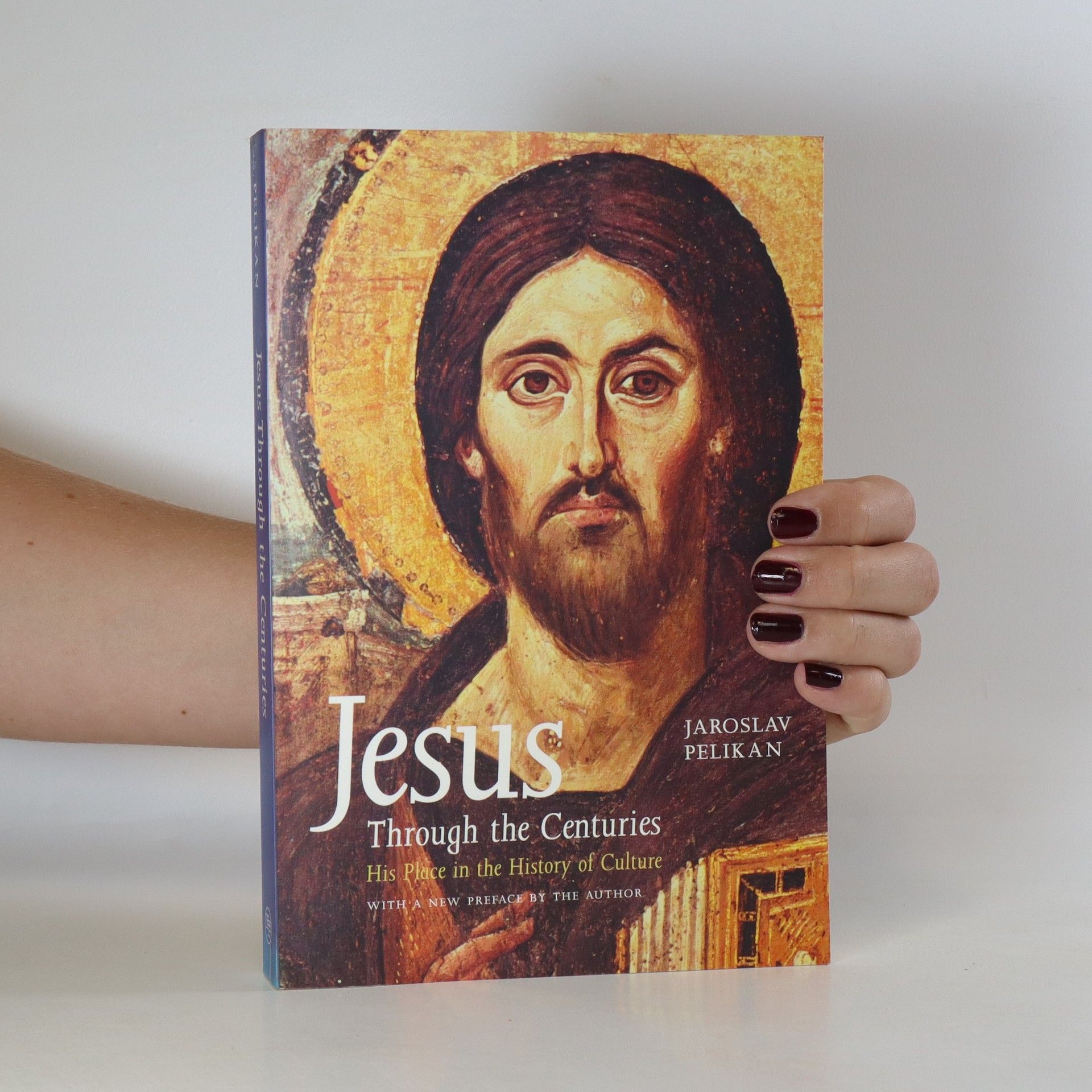

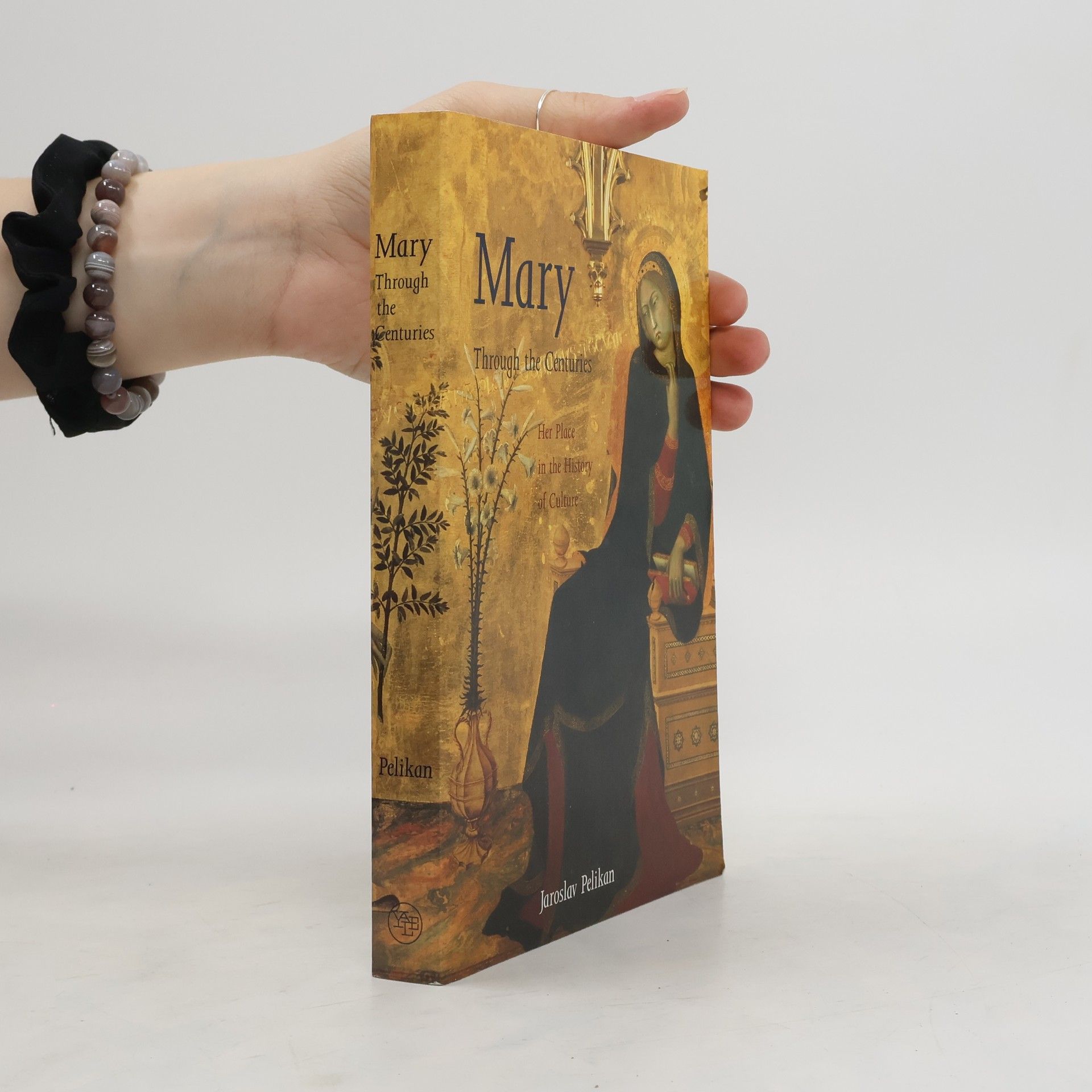
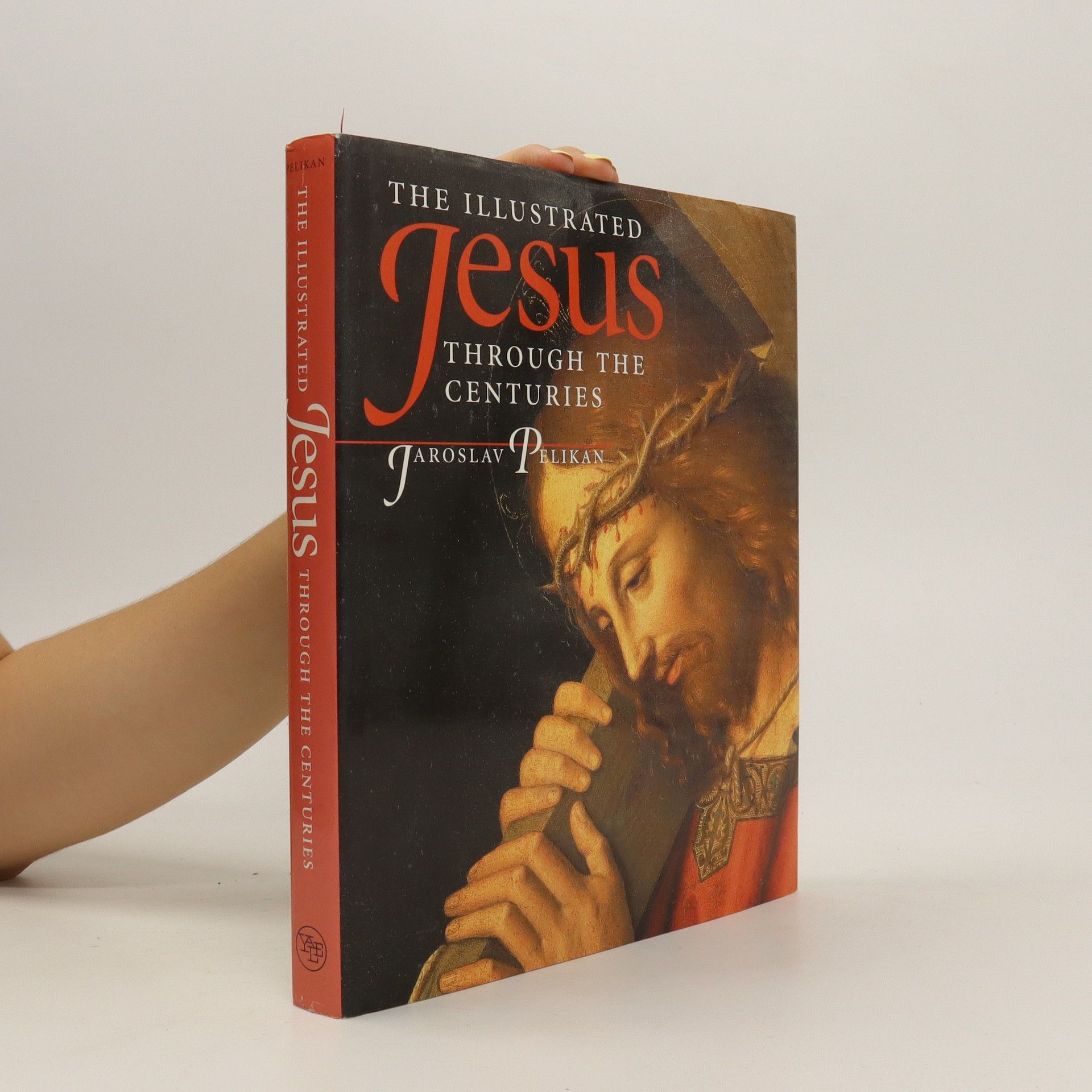
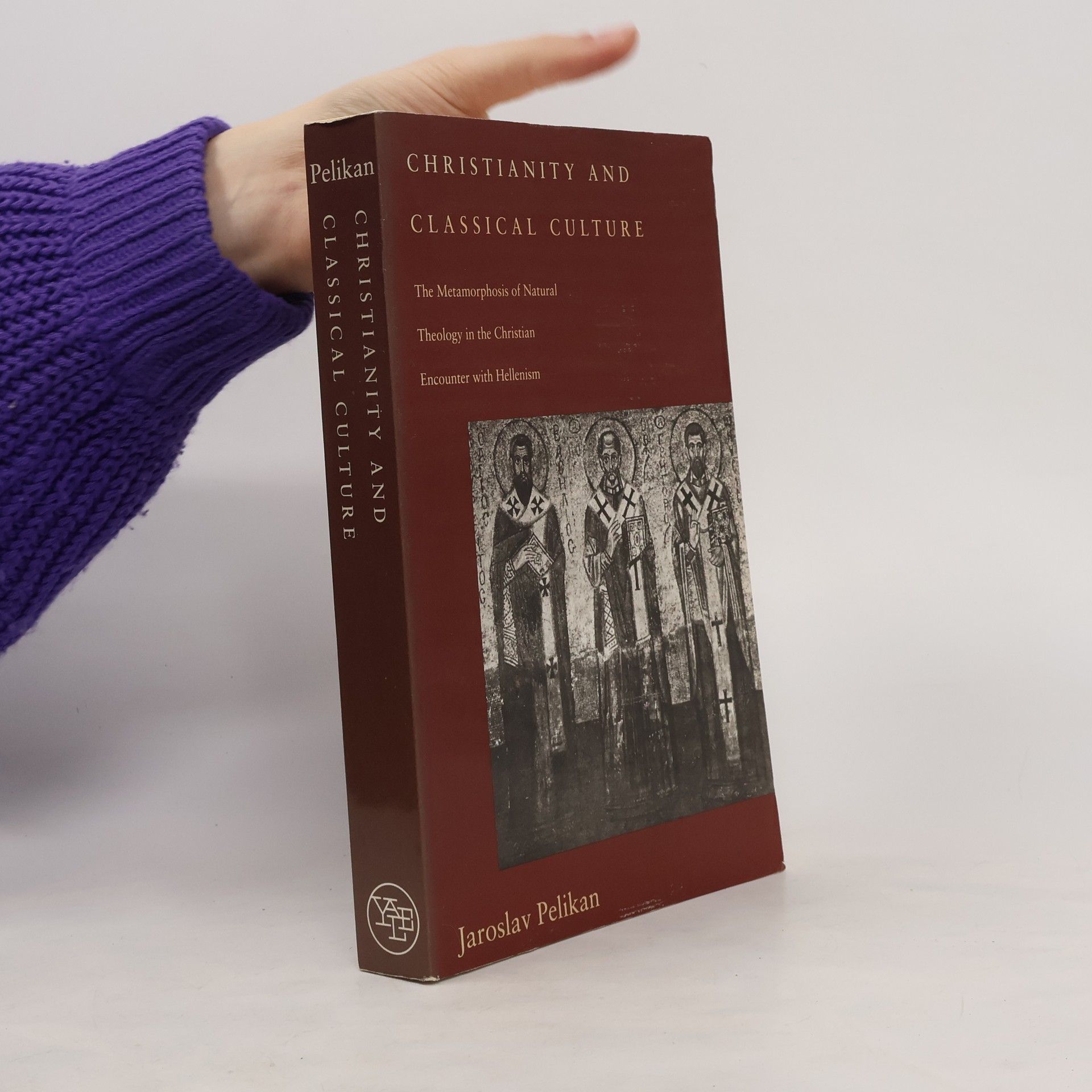
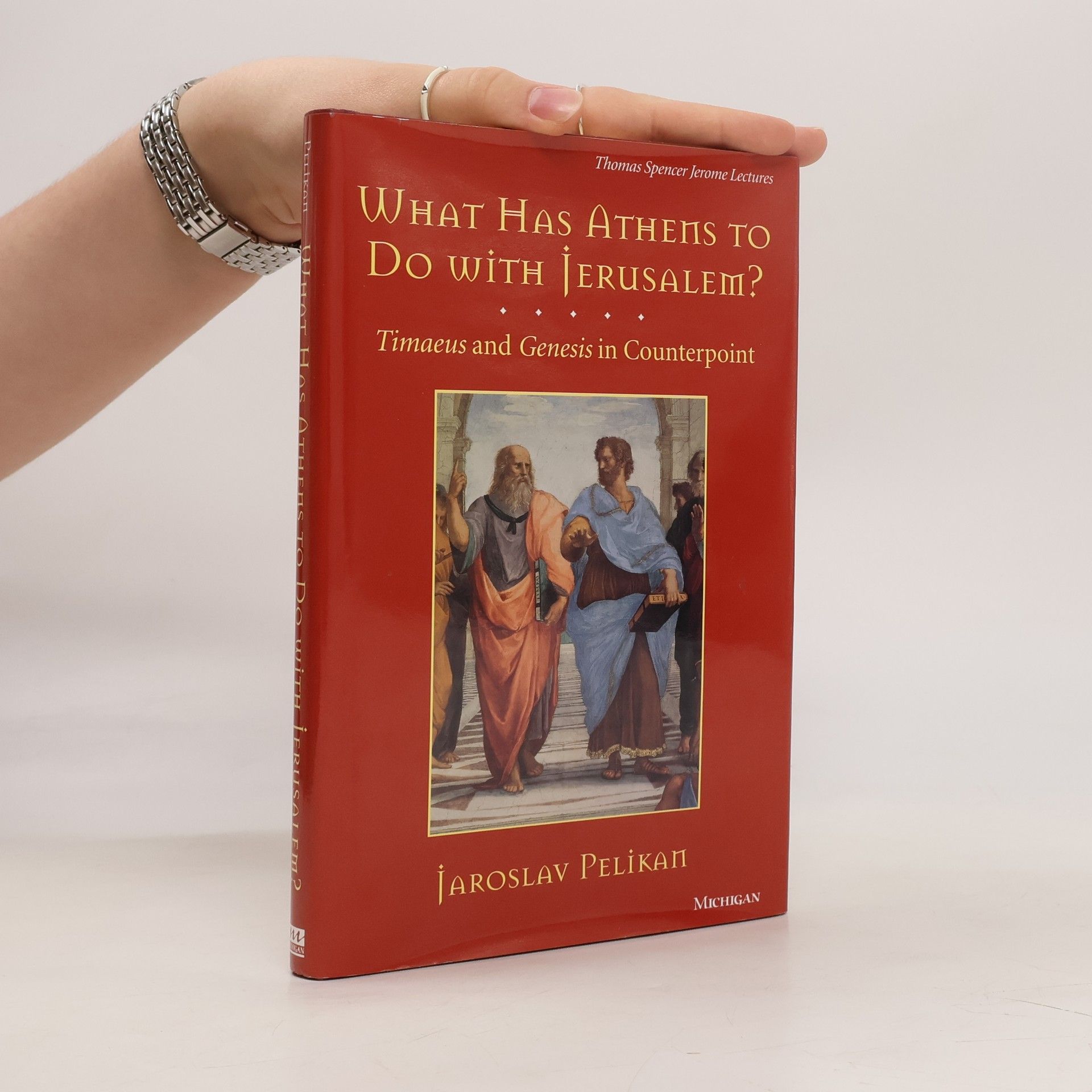
Timaeus and Genesis in Counterpoint
An important contribution to early Christian studies
The momentous encounter between Christian thought and Greek philosophy reached a high point in fourth-century Byzantium, and the principal actors were four Greek-speaking Christian thinkers whose collective influence on the Eastern Church was comparable to that of Augustine on Western Latin Christendom. In this erudite and informative book, a distinguished scholar provides the first coherent account of the lives and writings of these so-called Cappadocians, showing how they managed to be Greek and Christian at the same time.
Shows how each era has depicted Jesus and describes what this reveals about their religous conceptions
Explores how Mary has been represented in theology, art, music, and literature throughout the ages
In this book, the author meditates on the theological implications of Goethe's Faust. Jaroslav Pelikan reflects on Goethe's statement that he was a pantheist when it came to science, a polytheist in art, and a monotheist in ethics, and he uses it for the first time to analyze Faust's development as a theologian. By so doing, Pelikan enables us to see Goethe's masterpiece in a surprising new light. Pelikan begins by discussing Faust's role as natural scientist or pantheist. He examines Faust's disenchantment with traditional knowledge, considers his interests in geology, oceanography, and optics, and analyzes his perception of nature as a realm inspirited throughout by a single unifying Power. Pelikan next follows Faust on his journeys to the two Walpurgis Nights, where he shows how Faust reveals his delight in the polytheistic extravaganzas of Germanic and especially of Greek mythology. Finally Pelikan describes the operatic finale of the book, where Faust's spirit is drawn upward to salvation by the Eternal Feminine, and he argues that this marks Faust's evolution into moral philosopher and monotheist. Pelikan's analysis thus reveals thematic unities and a dialectical development of Faust's character that have been unnoticed heretofore.
Describes Jesus Christ's changing image throughout history, from rabbi in the first century to liberator in the twentieth, and explains how each version has shaped its era socially, politically, economically, and culturally.
Among the highly regarded works of intellectual history of the past decade. "An enlightening and often dramatic study . . . as stimulating as it is informative."--New York Times
This text explores the influence of speech and language on three interpretations of the Sermon on the Mount, taken from the Latin and Catholic traditions (St. Augustine), the Greek and Orthodox tradition (St. John Chrysostom), and the reformation and Protestant tradition (Martin Luther). schovat popis
Velká monografie Joži Uprky vznikla za příležitosti stejnojmenné výstavy v Praze, kde se poprvé ve velkém rozsahu prezentovalo Uprkovo dílo. V knize naleznete jak dobové fotografie samotného umělce, jeho rodiny, přátel a významných malířských kolegů, tak převážnou část Uprkových děl. Na knize se podílela celá řada našich významných uměleckých teoretiků a autorit. Krásným způsobem dává kniha nahlédnout do zamilované Uprkovy oblasti a to Moravského Slovácka, které nebylo nikdy tak věrně a s láskou zachycené.
Erscheinungsbild und Wirkung in 2000 Jahren Kulturgeschichte